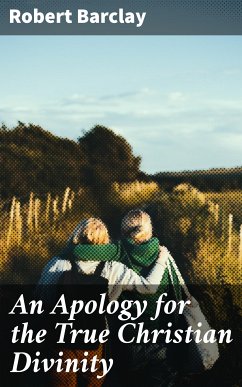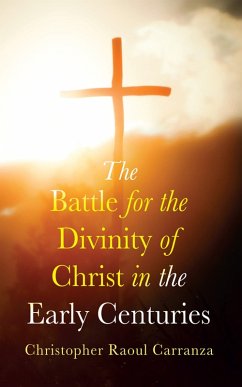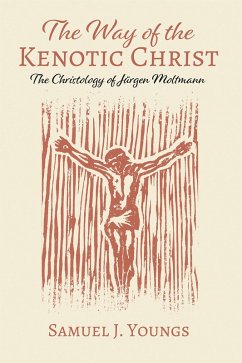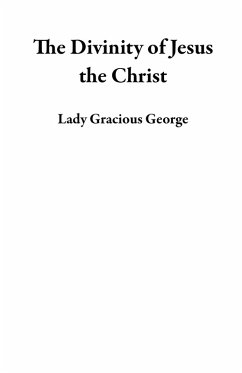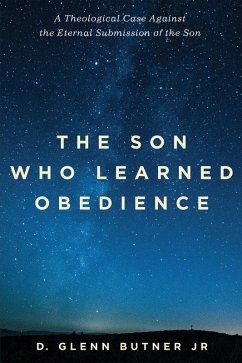
An Apology for the True Christian Divinity (eBook, ePUB)
Being an explanation and vindication of the principles and doctrines of the people called Quakers

PAYBACK Punkte
0 °P sammeln!
In "An Apology for the True Christian Divinity," Robert Barclay presents a compelling defense of Quaker theology against prevailing religious doctrines of the 17th century. The book is structured as a systematic exposition of the Quaker faith, employing a blend of philosophical reasoning and scriptural references to elucidate the inner experience of divinity. Barclay's literary style is marked by clarity and conviction, utilizing rational discourse to confront theological critiques while emphasizing the importance of personal revelation and inner light. Written during a tumultuous period of re...
In "An Apology for the True Christian Divinity," Robert Barclay presents a compelling defense of Quaker theology against prevailing religious doctrines of the 17th century. The book is structured as a systematic exposition of the Quaker faith, employing a blend of philosophical reasoning and scriptural references to elucidate the inner experience of divinity. Barclay's literary style is marked by clarity and conviction, utilizing rational discourse to confront theological critiques while emphasizing the importance of personal revelation and inner light. Written during a tumultuous period of religious upheaval, this work serves as a significant historical document reflecting the broader context of the Protestant reformations and the emerging Quaker movement. Robert Barclay (1648-1690), a prominent Quaker theologian and apologist, was inherently motivated to write this book due to the persecution faced by the Quakers. His upbringing in a well-to-do family in Scotland afforded him a significant education, allowing him to articulate the principles of Quakerism articulately. Barclay's dedication to defending the Quaker belief system stemmed from a deep commitment to religious plurality and freedom, rooted in his experiences of discrimination. This seminal work not only provides profound insights into the foundations of Quaker thought but also serves as a timeless invitation for readers to explore the nature of spiritual truth and personal faith. Scholars, theologians, and seekers alike will find Barclay's arguments compelling and his intentions noble, making this book a must-read for anyone interested in the evolution of Christian thought.
Dieser Download kann aus rechtlichen Gründen nur mit Rechnungsadresse in A, B, BG, CY, CZ, D, DK, EW, E, FIN, F, GR, H, IRL, I, LT, L, LR, M, NL, PL, P, R, S, SLO, SK ausgeliefert werden.





